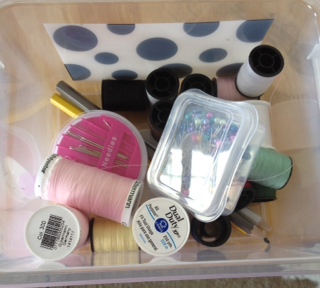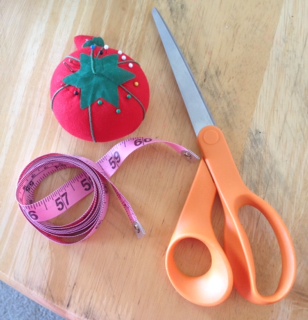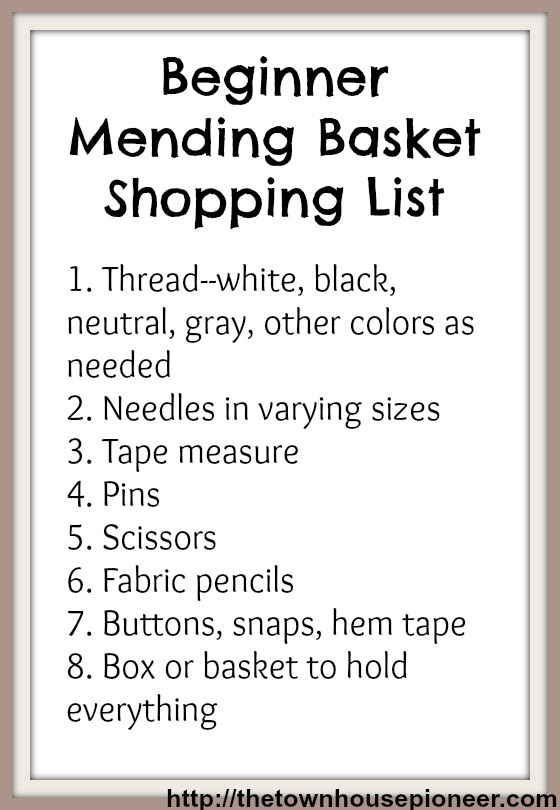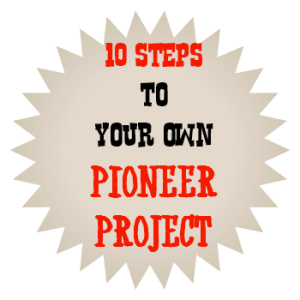
Have you ever been enamored with the concept of pioneer living? If you have, this is the right place for you.
For the last few months, I’ve been working on my version of a pioneer project. I’ve been practicing and learning all the classic pioneer skills: making my own butter, growing my own food, learning (and failing miserably) to crochet. But, as I talked about, my project is shifting focus to also include internalizing pioneer values, slowing down, and practicing contentment yet also working hard and setting goals to improve certain areas of my life.
In other words, I’m pioneering my own life. And my project is so much better because of it. Because being a pioneer is really about doing something new, that hasn’t been done before, and charting new territory. It doesn’t have to be on a global scale. It can just be for you.
That said.
Maybe you’ve been following along with my little project and have thought that you’d like to start your own. But maybe you don’t know how. You’re in luck because in this three part series, I’ll be sharing just how you can start your own pioneer project. There’s just one concept that you need to remember: whatever you decide to do, it’s your project. You’re pioneering your own life and, as a result, your project can look however you want it to. It can be similar to mine or maybe you have no interest in developing self-sufficiency skills and instead, you want to take the pioneer work ethic and apply it to marathon training or writing a novel. The what isn’t really as important as the how.
And the how is what we’re talking about. So let’s do that now.
10 Steps to Your Own Pioneer Project, part 1
1. Decide what your project looks like. This is the first, and probably the most important, step because it’s setting the focus of your project. In this step, you’ll figure out what part of your life you’re going to pioneer. It’s your end goal and everything you do going forward will be to achieve it. And, so you don’t forget, write it down somewhere. Put it where you can see it. Make your intention known.
2. Do some research. This is most likely the nerd in me talking but I think it’s important to have some background information on your goal. Knowing what exactly you’re diving into, what’s worked for others (and what didn’t), and having a resource bank for tutorials, data, and general knowledge will keep you focused and, at times of frustration, give you a place to go to figure out how get through that moment.
3. Figure out your methodology. You need to decide exactly how you’re going to do your project. To do that, you need to ask yourself some questions including: when will I work on this? What materials do I need? What do I need to learn? How often will I need to practice? Will I need to involve anyone else? Basically any logistical question (except budget. We’ll talk about that next week, in part 2) that will get you going, and keep you going, throughout your project.
These three steps will provide the map, the foundation if you will, for the rest of your project. It’s important to put in the time and energy to get them as clear as possible. Make sure you write them down, too.
Do you think you’ll start your own project? What will you be pioneering in your own life?
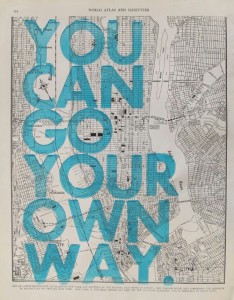
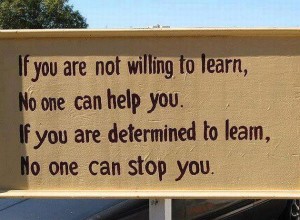



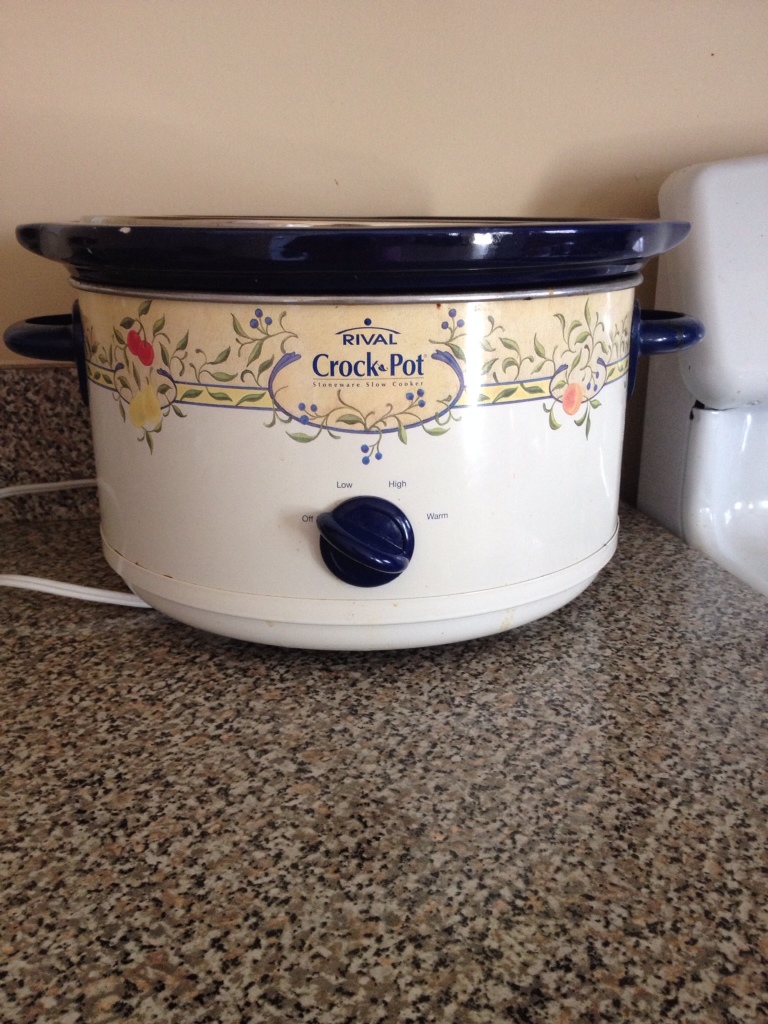
 }
}